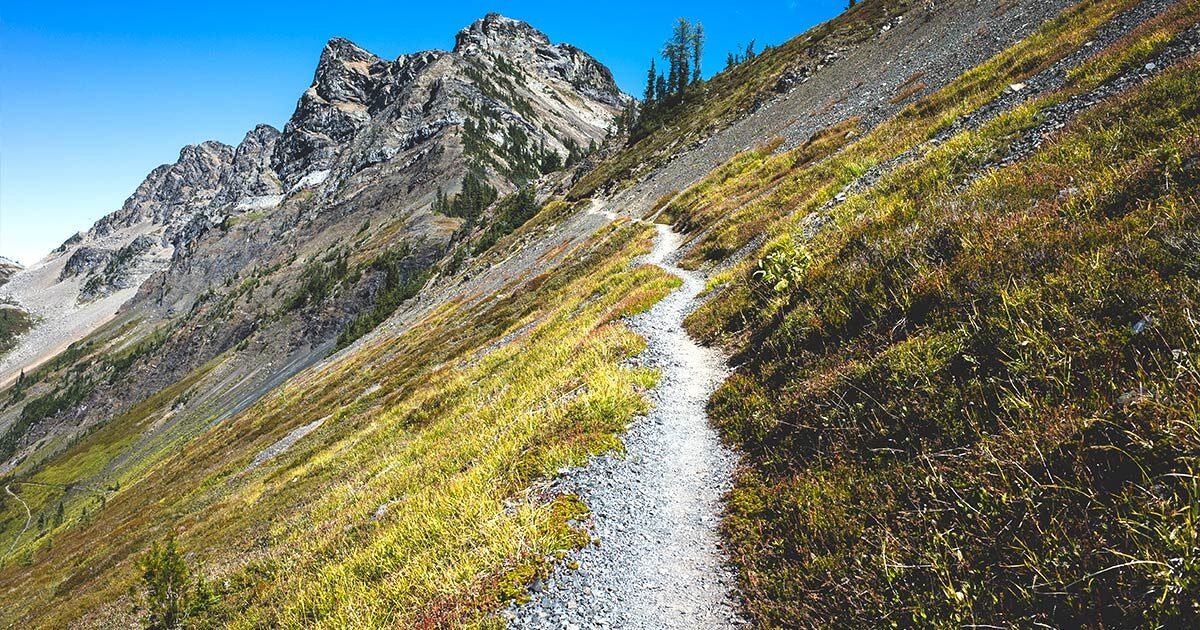
Clocking in at 2,663 miles, The Pacific Crest Trail is one of the world’s most famous long-distance hiking trails, stretching from Mexico to Canada through California, Oregon, and Washington. The trail crosses through some of the most diverse landscapes in the country, from deserts to mountains, and offers hikers stunning views and an unforgettable experience. The PCT passes through 25 national forests and seven national parks, with elevations ranging from just above sea level to 13,153 feet.
Hiking the Pacific Crest Trail is not an easy feat; it will most likely require months of planning, preparation, and a hell of a lot of physical and mental strength. Most hikers start in April or May, and it takes between four to six months to complete the entire trail. Along the way, you will have to deal with extreme weather conditions, dangerous wildlife, and limited access to food and water.
However, hiking the Pacific Crest Trail is a life-changing adventure despite the challenges. On the PCT, hikers experience a sense of freedom and simplicity they cannot find in their daily lives. The trail provides a break from modern society, and it offers hikers the opportunity to disconnect from the daily grind and reconnect with themselves and the wilderness.
Hiking the PCT: Section to Section or The entire trail…
Most hikers hike the Pacific Crest Trail in sections, hiking from one small town to another and resupplying their food and water as they go. However, a growing number of hikers hike the trail in its entirety, known as thru-hiking. Thru-hiking the Pacific Crest Trail requires a high level of commitment, dedication, and endurance. You will have to carry everything you need on your backs, including food, water, shelter, and clothing. Somewhere around 300 people attempt it every year, with a little over half of them is finishing the entire PCT.
What you can Expect on the PCT
One of the highlights of hiking the Pacific Crest Trail is the breathtaking scenery. Hikers will encounter snow-capped mountains, alpine lakes, deep valleys, forests, and deserts. They will cross rivers and streams and hike through pristine wilderness areas that are home to diverse flora and fauna.
The Pacific Crest Trail is not just a physical challenge but also a mental one. Hikers will face a range of emotions, from loneliness to euphoria, and will have to find ways to cope with them. The trail also offers opportunities for personal growth and self-discovery. Hikers learn to be self-sufficient, resilient, and adaptable. They develop a deep appreciation for nature and a sense of responsibility to protect it.
Hiking the Pacific Crest Trail is an adventure of a lifetime. Hikers will come out of the experience with lifelong memories, a sense of accomplishment, and a newfound appreciation for the natural beauty of the world around them.
Hiking Resources:
PCT Resources



